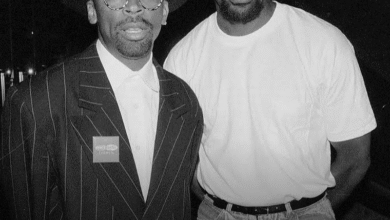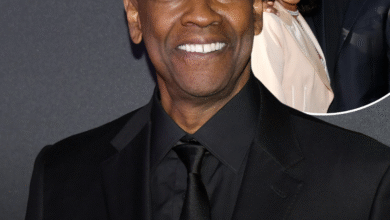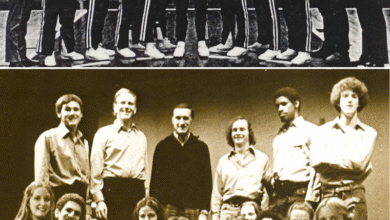The Rejections That Nearly Ended 50 Cent’s Career — and How They Fueled His Comeback
OPINION: This article may contain commentary which reflects the author's opinion.
Before becoming one of hip-hop’s biggest stars, Curtis “50 Cent” Jackson faced a series of career-defining rejections that almost derailed his rise. From being dropped by a major label after a near-fatal shooting to being called “too gangsta” for mainstream success, 50 Cent’s early struggles shaped the gritty authenticity that eventually propelled him to superstardom.
Dropped by Columbia Records After Being Shot
In May 2000, 50 Cent was shot nine times in a violent attack—a traumatic event that abruptly altered his trajectory. Following the shooting, Columbia Records shelved his debut album Power of the Dollar and dropped him from the label entirely. This decision effectively blacklisted him from major U.S. studios for a significant period, forcing him out of the conventional music industry system.
Too “Gangsta” for the Major Labels
With Columbia out of the picture, 50 Cent shopped his music to other major labels, only to be repeatedly rejected. Industry executives told him his image and lyrics were too graphic and “too gangsta” for mainstream audiences, leaving him without a record deal. These refusals intensified his isolation from the major label scene, pushing him further underground.
Early Demo Rejection by Def Jam
Even before these setbacks, 50 Cent’s demo was turned down by Def Jam in 1997. A&R executive Irv Gotti reportedly dismissed his work, saying it too closely resembled Jay-Z’s style. This early rebuff drove 50 Cent to double down on the mixtape circuit, honing his craft outside the spotlight.
Why These Moments Were Career Crossroads
Each rejection forced 50 Cent to adapt and fight harder:
-
Columbia’s drop pushed him to build street credibility through relentless mixtape grinding.
-
Major label rejections led him to relocate to Canada, where he continued to drop mixtapes that eventually caught the ears of Eminem and Dr. Dre.
-
Def Jam’s early rejection was an early lesson in industry gatekeeping, cementing his resolve.
The Comeback: From Mixtapes to Mainstream Fame
Fuelled by these setbacks, 50 Cent’s underground hustle paid off. His mixtape Guess Who’s Back? helped him secure a deal with Eminem’s Shady/Aftermath/Interscope label in 2002. The following year, Get Rich or Die Tryin’ catapulted him into superstardom, marking one of hip-hop’s most remarkable comebacks.
Bottom line: The near-fatal shooting and Columbia’s rejection broke 50 Cent’s traditional path, but paradoxically freed him to rebuild on his own terms. Label after label said no, but those “no’s” pushed him underground, where his raw authenticity and relentless drive forged the foundation for one of hip-hop’s most iconic careers.



